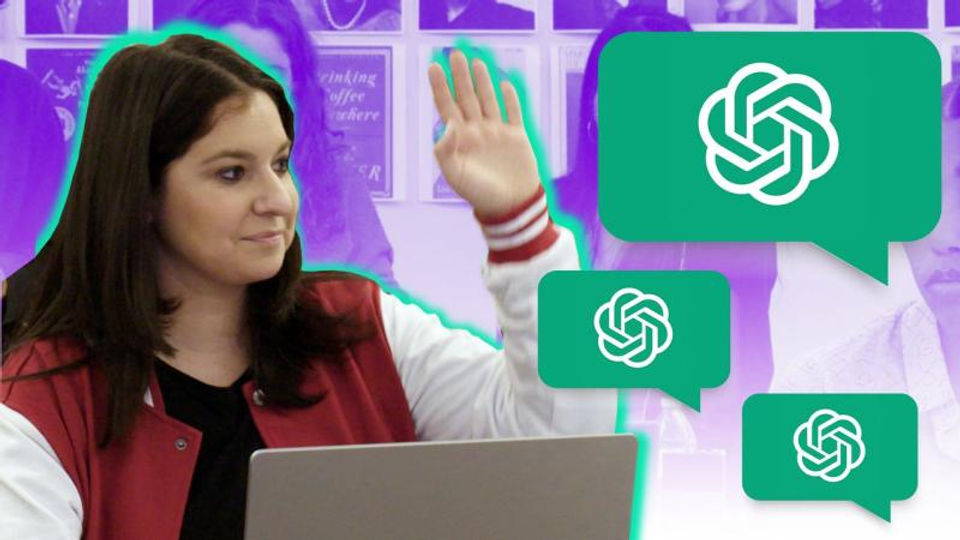By: Jayden Ho
The advent of a new wave of artificial intelligence (AI) chatbots has ignited a contentious debate. These chatbots, unencumbered by the typical safeguards implemented by tech giants like Google and OpenAI, raise questions about the boundaries of free speech and the necessity for moderation in AI. Independent developers are designing and releasing these unrestricted chatbots, raising concerns over their potential to amplify risks such as spreading misinformation and promoting harmful behavior.
These uncensored AI chatbots, developed by independent programmers and volunteer teams, operate without the standard ‘guardrails’ implemented by more established organizations. Platforms such as GPT4All and FreedomGPT exemplify this new class of unmoderated chatbots.
“As these unregulated AI chatbots proliferate, the risk of spreading falsehoods, promoting harmful actions, or even producing illegal content becomes increasingly palpable,” warns Oren Etzioni, emeritus professor at the University of Washington and former chief executive of the Allen Institute for A.I. “These chatbots are designed to say anything, thereby making it crucial to consider appropriate solutions within a society that highly values free speech.”
Despite these alarming concerns, proponents of unregulated AI chatbots assert the importance of ownership and control. Eric Hartford, the developer behind WizardLM-Uncensored, argues that individuals should have the freedom to use these tools unrestricted, drawing parallels with the use of everyday objects like knives or cars.
Nonetheless, misinformation watchdogs have sounded the alarm on the potential hazards of these unregulated chatbots. Even as independent developers press forward with their creations, critics argue that they may lack the necessary resources to fully address these risks.
New chatbot platforms like Open Assistant and WizardLM-Uncensored have emerged, reflecting a wide range of quality and safety standards. For instance, Open Assistant initially spread unfounded claims about Covid-19 vaccines, though its responses have since become more medically accurate.
The discord surrounding AI chatbot moderation extends beyond developers, with users and volunteers engaging in heated discussions over the degree of limits the technology should have. These ongoing debates reflect a broader societal discourse surrounding free speech, technology, and their intersection in the digital age.
The future implications of this unrestricted AI chatbot wave remain uncertain. However, one thing is clear: it is far from resolved. As the frontier of AI continues to expand at an unprecedented pace, society finds itself in a dilemma, teetering between the thrill of technological innovation and the pressing demand for ethical safeguards.











